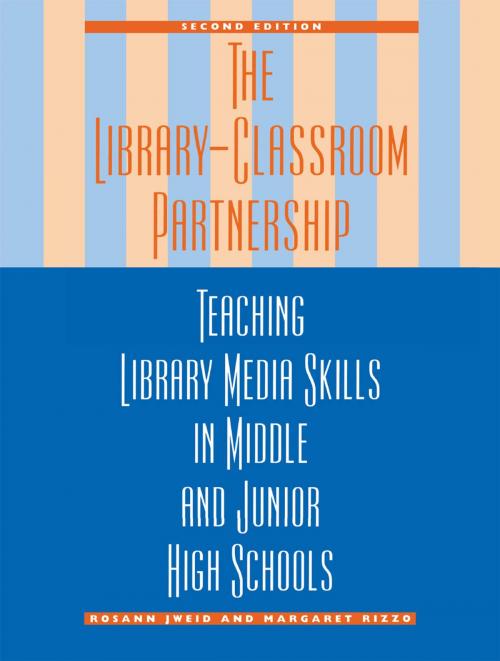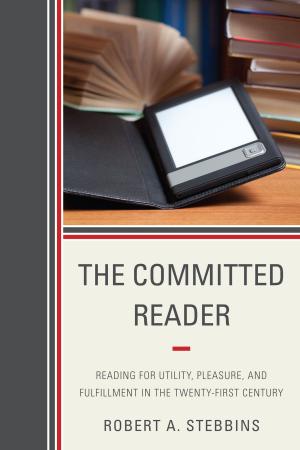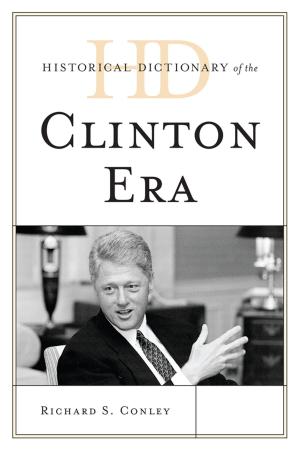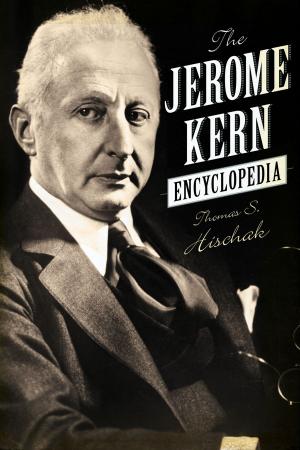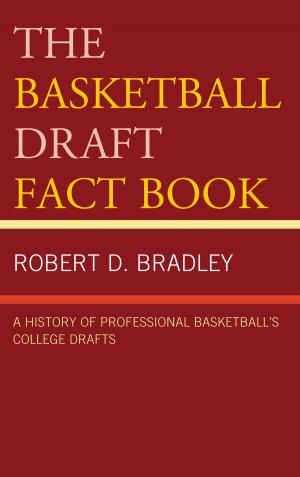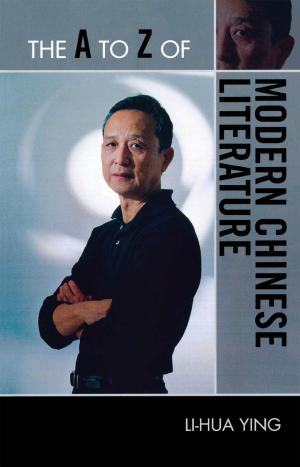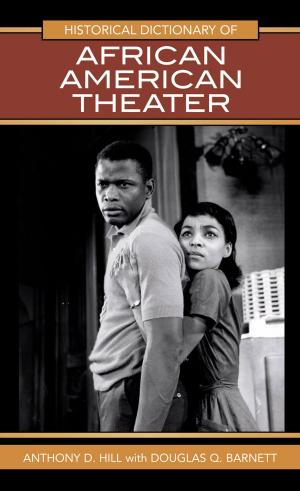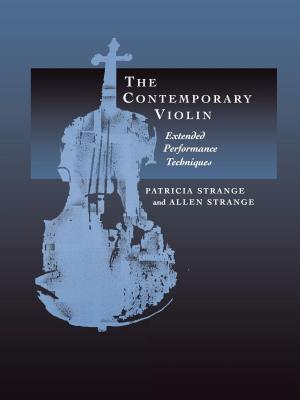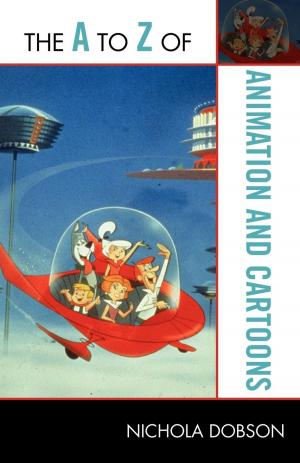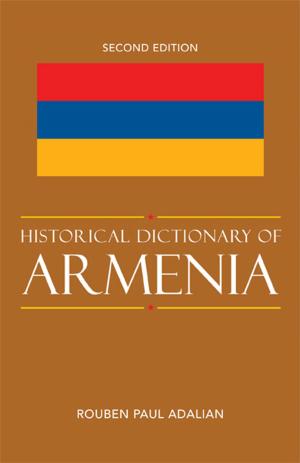The Library-Classroom Partnership
Teaching Library Media Skills in Middle and Junior High Schools
Nonfiction, Reference & Language, Education & Teaching, Teaching, Teaching Methods| Author: | Rosann Jweid, Margaret Rizzo | ISBN: | 9781461740612 |
| Publisher: | Scarecrow Press | Publication: | June 25, 1998 |
| Imprint: | Scarecrow Press | Language: | English |
| Author: | Rosann Jweid, Margaret Rizzo |
| ISBN: | 9781461740612 |
| Publisher: | Scarecrow Press |
| Publication: | June 25, 1998 |
| Imprint: | Scarecrow Press |
| Language: | English |
The purpose of The Library-Classroom Partnership is to assist library teachers and classroom teachers to effectively use the library and its resources as an extension of the classroom. As in the earlier edition, the lessons included in this book stress the library media skills needed by individuals for lifelong learning. Long after adults have forgotten a particular fact of history or the techniques of balancing an equation, they continue to use library skills to answer their questions and to meet the demands of an ever-changing society. It has been well documented that the skills taught in a library are most effectively learned within the context of classroom work. To this end, the librarian and the teacher must form a working team to take each other's ideas and develop them into effective learning experiences for students.
The authors have incorporated the teaching of those library media skills with every discipline taught in the school. Through these lessons, students will realize that research and reference are a vital part of the learning process, complementing and enriching every subject.
The eleven disciplines (English, mathematics, social studies, science, art, music, home and careers, technology, physical education, health, and foreign language) normally taught in the junior high and middle schools are addressed in this work. To be included, a lesson must be a learning experience in both the library skills and the subject areas. Each unit has been cooperatively developed using the expertise of the school library media specialist and the subject teacher. All lessons have been implemented successfully in the junior high and middle school environment.
This revised and expanded edition of The Library Classroom- Partnership also deals with technology and the changing economic and social conditions affecting public schools. It includes a new section on reading enrichment as well as instruction in accessing information electronically.
The purpose of The Library-Classroom Partnership is to assist library teachers and classroom teachers to effectively use the library and its resources as an extension of the classroom. As in the earlier edition, the lessons included in this book stress the library media skills needed by individuals for lifelong learning. Long after adults have forgotten a particular fact of history or the techniques of balancing an equation, they continue to use library skills to answer their questions and to meet the demands of an ever-changing society. It has been well documented that the skills taught in a library are most effectively learned within the context of classroom work. To this end, the librarian and the teacher must form a working team to take each other's ideas and develop them into effective learning experiences for students.
The authors have incorporated the teaching of those library media skills with every discipline taught in the school. Through these lessons, students will realize that research and reference are a vital part of the learning process, complementing and enriching every subject.
The eleven disciplines (English, mathematics, social studies, science, art, music, home and careers, technology, physical education, health, and foreign language) normally taught in the junior high and middle schools are addressed in this work. To be included, a lesson must be a learning experience in both the library skills and the subject areas. Each unit has been cooperatively developed using the expertise of the school library media specialist and the subject teacher. All lessons have been implemented successfully in the junior high and middle school environment.
This revised and expanded edition of The Library Classroom- Partnership also deals with technology and the changing economic and social conditions affecting public schools. It includes a new section on reading enrichment as well as instruction in accessing information electronically.
